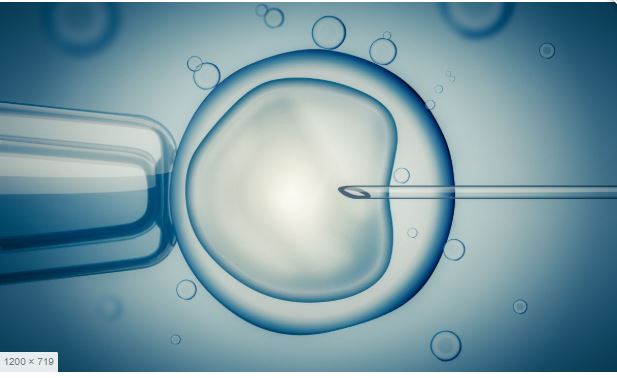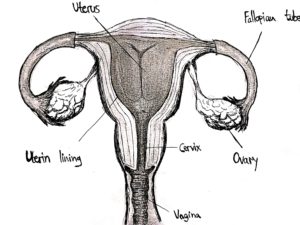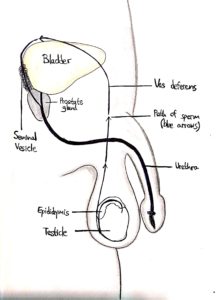Maturation arrest is defined as germ cells that fail to complete maturation to sperm cells. Limited data exist to characterize men with maturation arrest. Maturation arrest may be primary (genetic or idiopathic) or acquired. Acquired causes include chemotherapy, radiation, drugs, testosterone supplementation, nutrition, infection, endocrinopathy, congenital abnormalities (cryptorchidism), testicular torsion and varicocele. Men with maturation arrest were also reported to have more detectable genetic abnormalities, such as Y chromosome microdeletions and/or karyotypic abnormalities. Uniform maturation arrest is characterized by arrest at the same stage of sperm maturation (i.e., spermatogenesis) throughout the seminiferous tubules.
Although spermatozoa are not visualized on histopathological evaluation, some men with maturation arrest may have small foci of spermatozoa in the testes that can be used for IVF/ICSI. The most certain method for retrieving testicular sperm from men with maturation arrest is microdissection testicular sperm extraction (micro-TESE). This procedure is performed under an operative microscope and is widely considered the best method for sperm retrieval. In addition, it can be used to identify regions of the seminiferous tubules presumably with active spermatogenesis, which makes it possible to remove a minimal amount of testicular tissue to obtain spermatozoa, thereby minimizing damage to the testes.



